by InTrieste
In a city renowned for its spirit of independence, a unique exhibition at the Magazzino delle Idee celebrates the enduring quest for female autonomy through an extraordinary collection of photographs. Titled “I Will Not Come Down,” the exhibition showcases more than 250 anonymous vintage photos of women perched atop trees, spanning from 1870 to 1970.
Curated by Laura Leonelli, a journalist, writer, and passionate collector of anonymous photographs, the exhibition stems from her book of the same name, published by Postcart. Set against a backdrop reminiscent of a forest with birdsong, the exhibition invites visitors to explore a century of imagery that intertwines photography, literature, and cinema to narrate the liberating power of ascension.
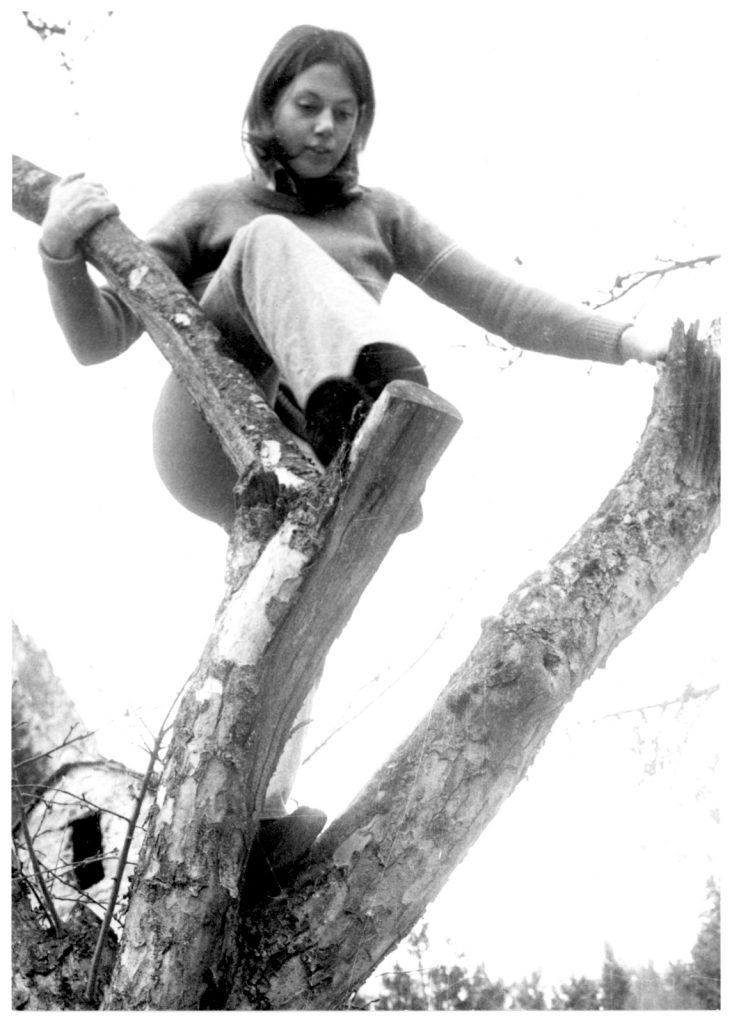
The images, gathered from the United States and various corners of Europe and the Mediterranean, depict women in moments of introspection and rebellion. These black-and-white photographs, many preserved in family albums, capture the fragile yet intimate essence of a time when a single photograph held immense value.
Leonelli’s work poses a compelling question: Why did so many women choose to be photographed this way? “Women climb trees when they disobey,” writes Leonelli. “And every woman who disobeys is a daughter of the first, most celebrated and damned of the disobedient: Eve.”
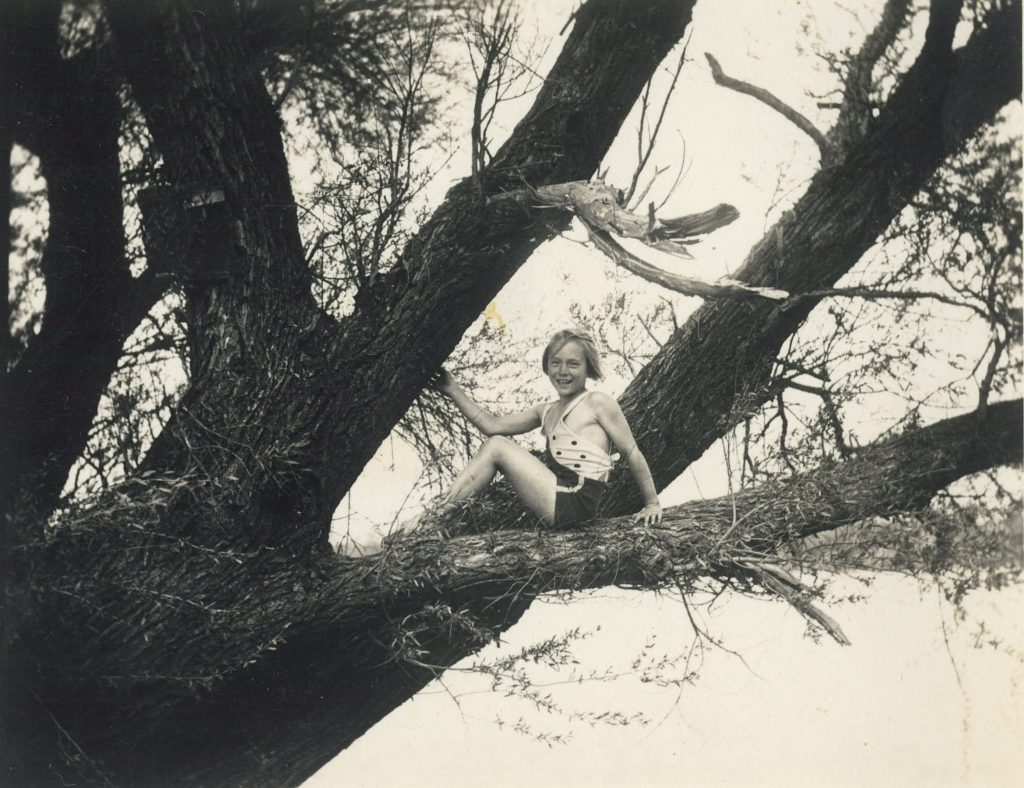
The exhibition features fifteen stories of notable women who embraced the act of climbing as a metaphor for their ascent to self-awareness and liberation. Among these are literary giants such as Louisa May Alcott and Simone de Beauvoir, fictional heroines like Pippi Longstocking, and environmental activists such as Julia Butterfly Hill, who famously spent 738 days living in a thousand-year-old sequoia.
One of the exhibition’s central figures is Bianca di Beaco, a Triestine climber whose autobiography “I Am Not a Mountaineer” recounts how her mother encouraged her to seek personal rather than material conquests. “On the mountain tops, just as when I was a child atop trees, I discovered the dimension where dreams come true,” writes di Beaco.
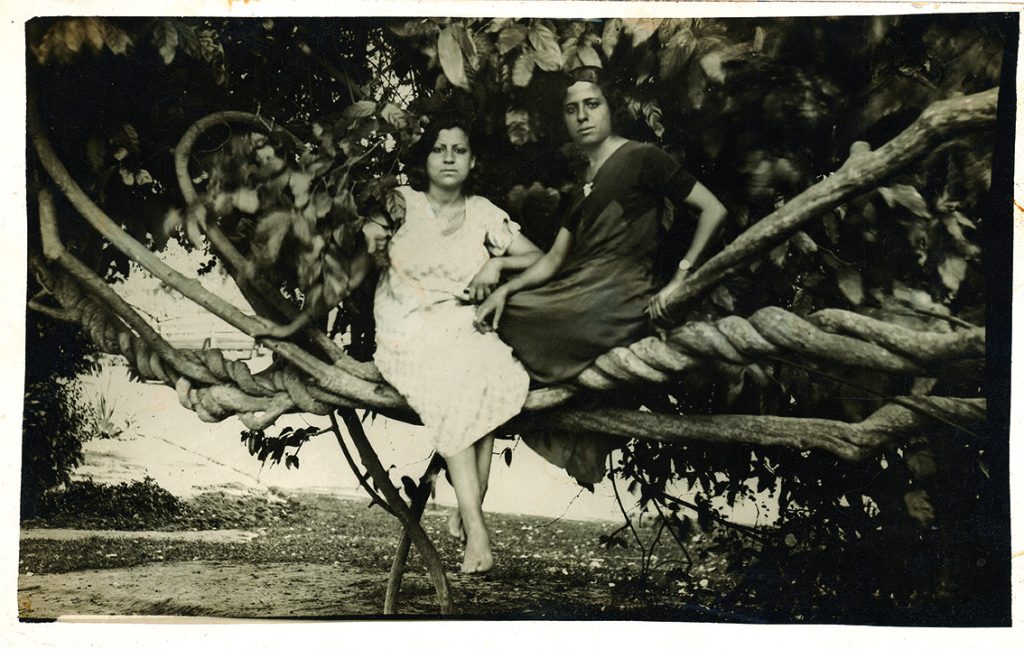
The exhibition pays homage to other trailblazing climbers from the region, including Riccarda de Eccher and Tiziana Weiss. Their stories highlight a unique aspect of Trieste’s culture, where women embraced climbing at a time when such pursuits were strictly off-limits to them.
Leonelli traces the literary roots of this imagery back to the character Jo March in Alcott’s “Little Women.” Jo’s love for reading in the apple tree symbolizes a yearning for freedom that resonated with many women. This literary lineage extends to figures like Pippi Longstocking, created by Astrid Lindgren, whose independent spirit further captivated female audiences.
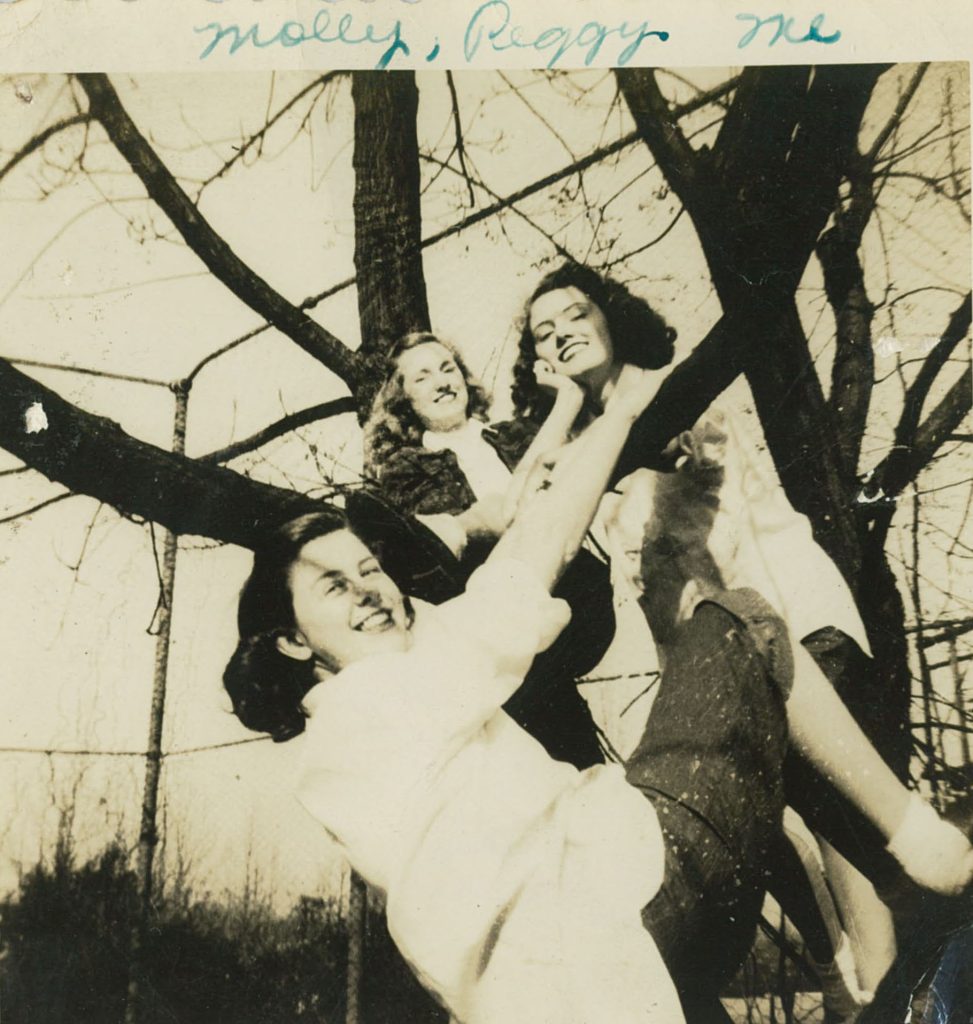
The exhibition’s narrative extends to the cinematic realm with references to iconic scenes such as Audrey Hepburn’s character in Billy Wilder’s “Sabrina,” contemplating her future from a tree branch. These cultural touchstones illustrate how climbing has been depicted as an act of rebellion and self-assertion across various media.
As Leonelli eloquently captures, the act of climbing trees serves as a powerful metaphor for women’s emancipation, from the literary musings of Voltairine de Cleyre to the environmental activism of Julia Butterfly Hill. “Women should be free to follow their nature and, not coincidentally, should be able to climb trees, as boys do freely and without censorship,” she writes.
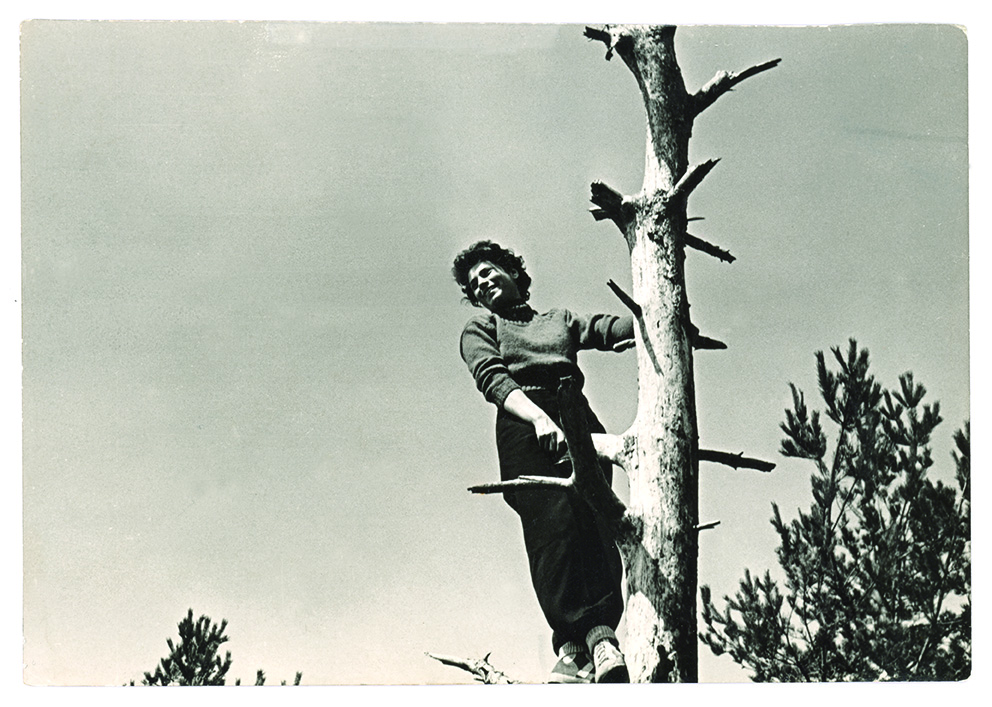
“I Will Not Come Down” will run until August 25, offering visitors an evocative journey through the intertwined history of women’s liberation and photography. The exhibition is open from Tuesday to Sunday, 10 a.m. to 7 p.m., with tickets priced at 8 euros (5 euros for reduced admission).
In a world that continues to grapple with issues of gender equality, this exhibition stands as a testament to the timeless spirit of women’s resilience and the universal desire for freedom and self-realization.




























